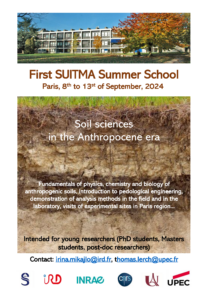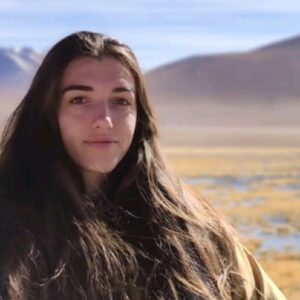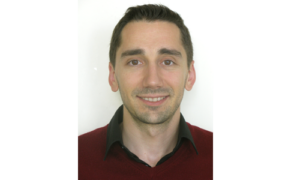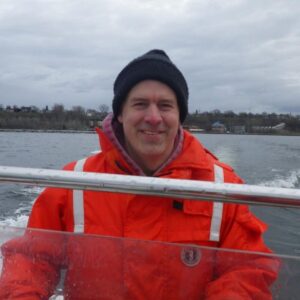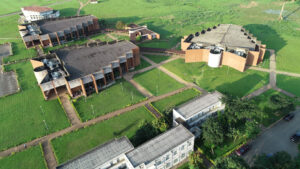
Seminar of Caroline Fabre – “Seismic communication between courting Drosophila flies”
Substrate-borne vibratory signals (also called seismic signals) are thought to be one of the most ancient and taxonomically widespread communication signals among animal species. Seismic communication consists of vibrations generated by the repeated movement of a body part and transferred through the substrate such as the sand, a plant stem and leaves, or the surface of the water to carry valuable information to conspecific individuals. Upon reception, the vibrations trigger a modification of the receiver’s behaviour, often in the form of a change in locomotion. Many vertebrate and arthropod groups use this mode of communication to interact with one another during mating, predation and parental care. It is displayed by species as varied as elephants, grey seals, red-eyed tree frogs and Salticid spiders, to cite a few. This vibratory world is “silent” to us and can be more difficult to identify and record. For this reason, it has long been overlooked in several species. A few years ago I reported that, during courtship, the male Drosophila fly abdomen tremulates to generate vibrations in the courting substrate. These vibrations coincide with nearby females becoming immobile, a behavior that facilitates mounting and copulation. This discovery offered the possibility to use the many imaging and neurogenetics tools available in Drosophila to study the interactive behaviours underlying this channel of communication. In my talk I will present our latest findings on how the signals propagate in natural substrates where flies feed and court (e.g., fruits) and how Drosophila females’ leg sensory structures detect the substrate-borne vibratory signals using the mechanically-gated ion channels Piezo and Nanchung. I will also show you how we envisage to exploit these vibrations in pest control.
- Orateur: Caroline Fabre
- Laboratoire: l’Université de Cambridge, Department of Zoology
- Mail de l'orateur: cf262@cam.ac.uk
- Url de l'orateur: https://www.zoo.cam.ac.uk/directory/dr-caroline-fabre
- Inscription: mailto:sciences-iees-seminaires@listes.sorbonne-universite.fr

